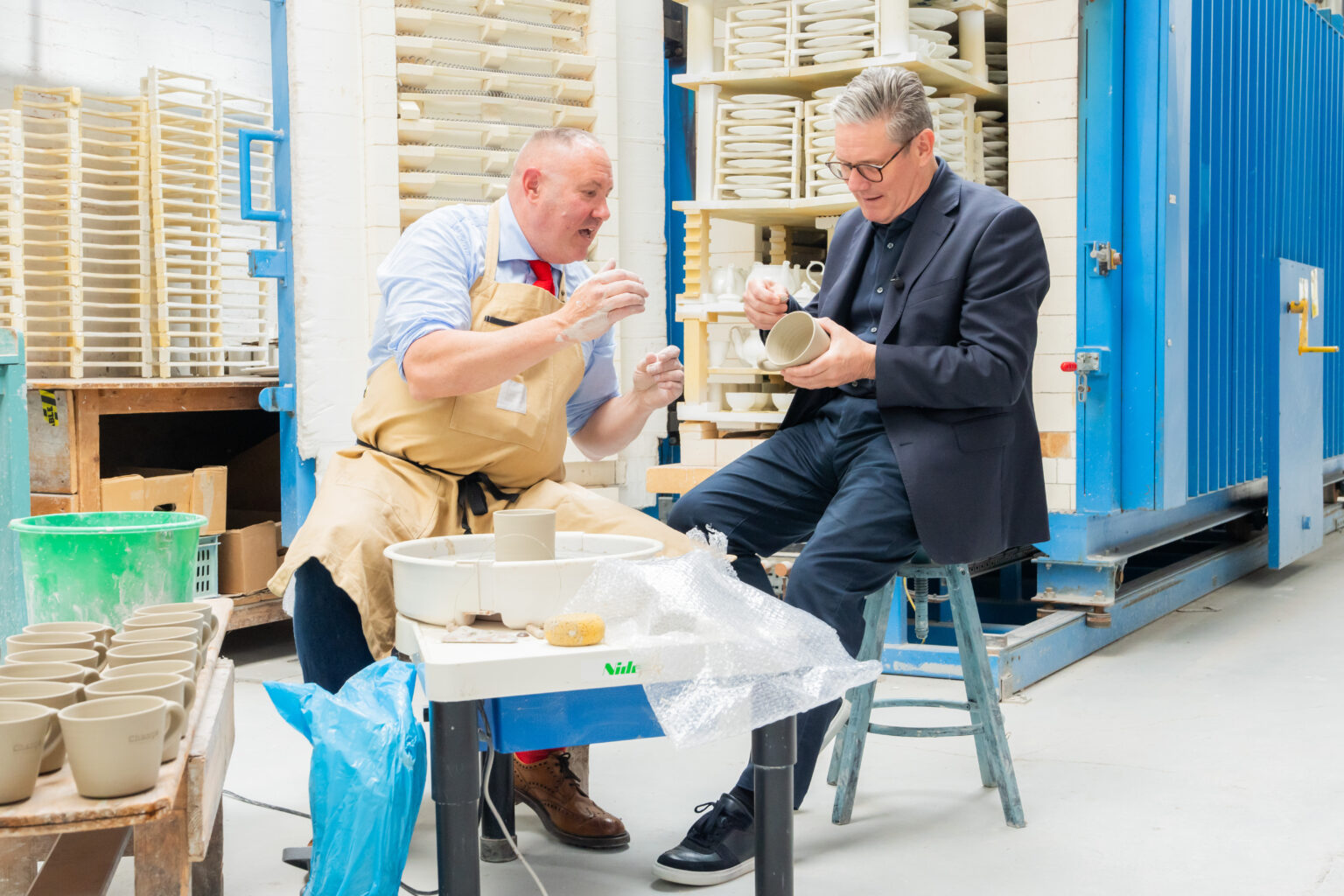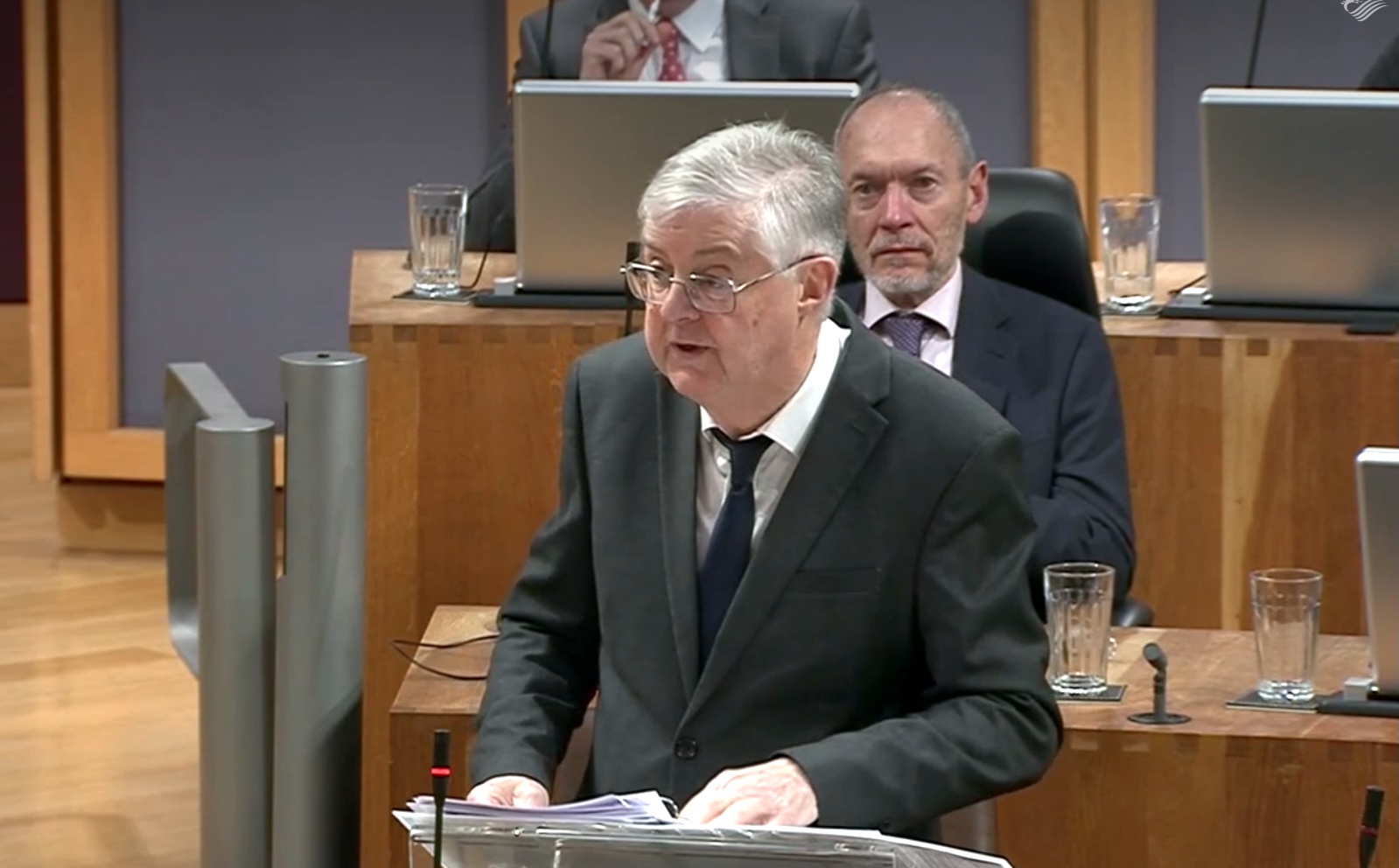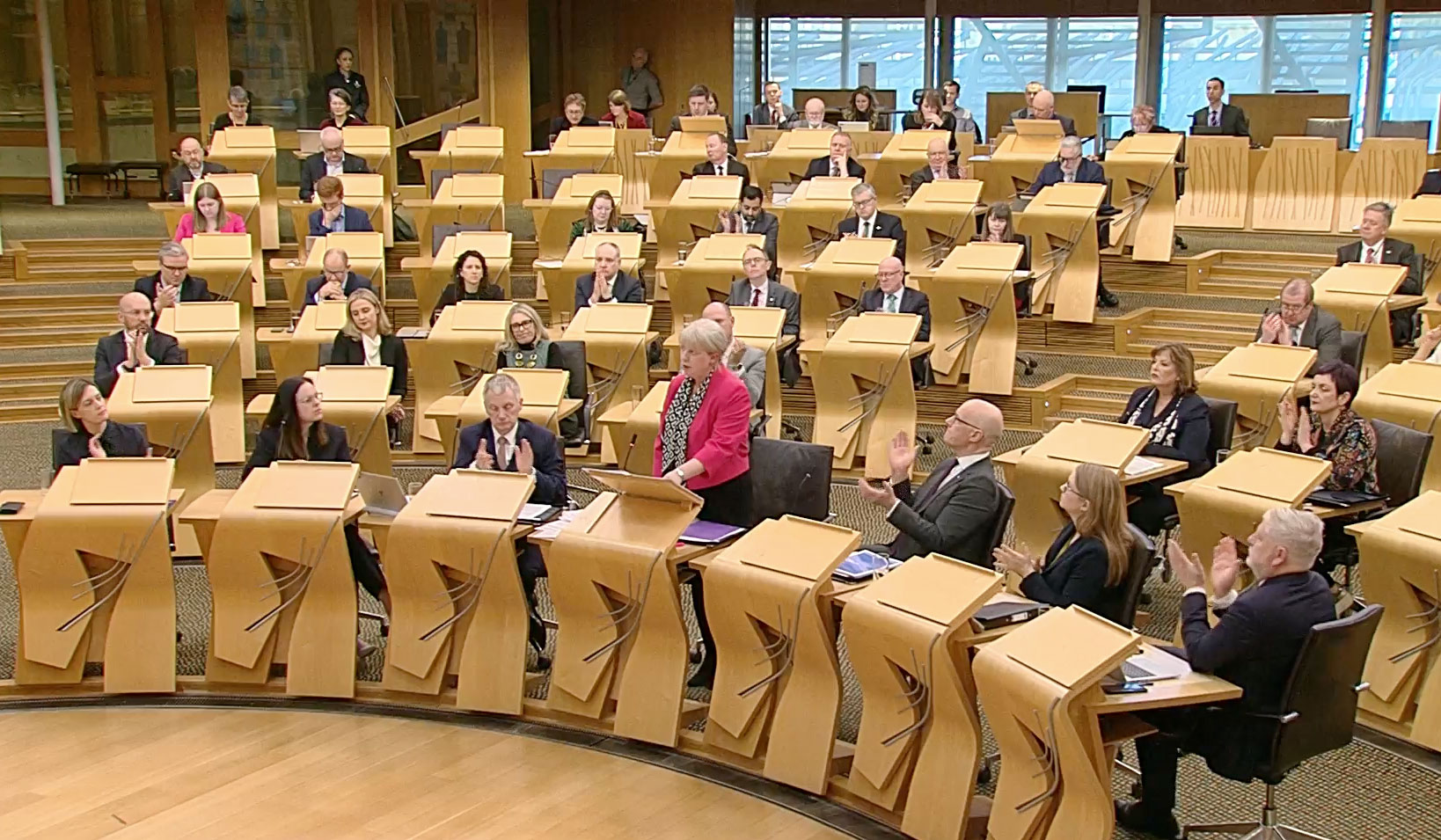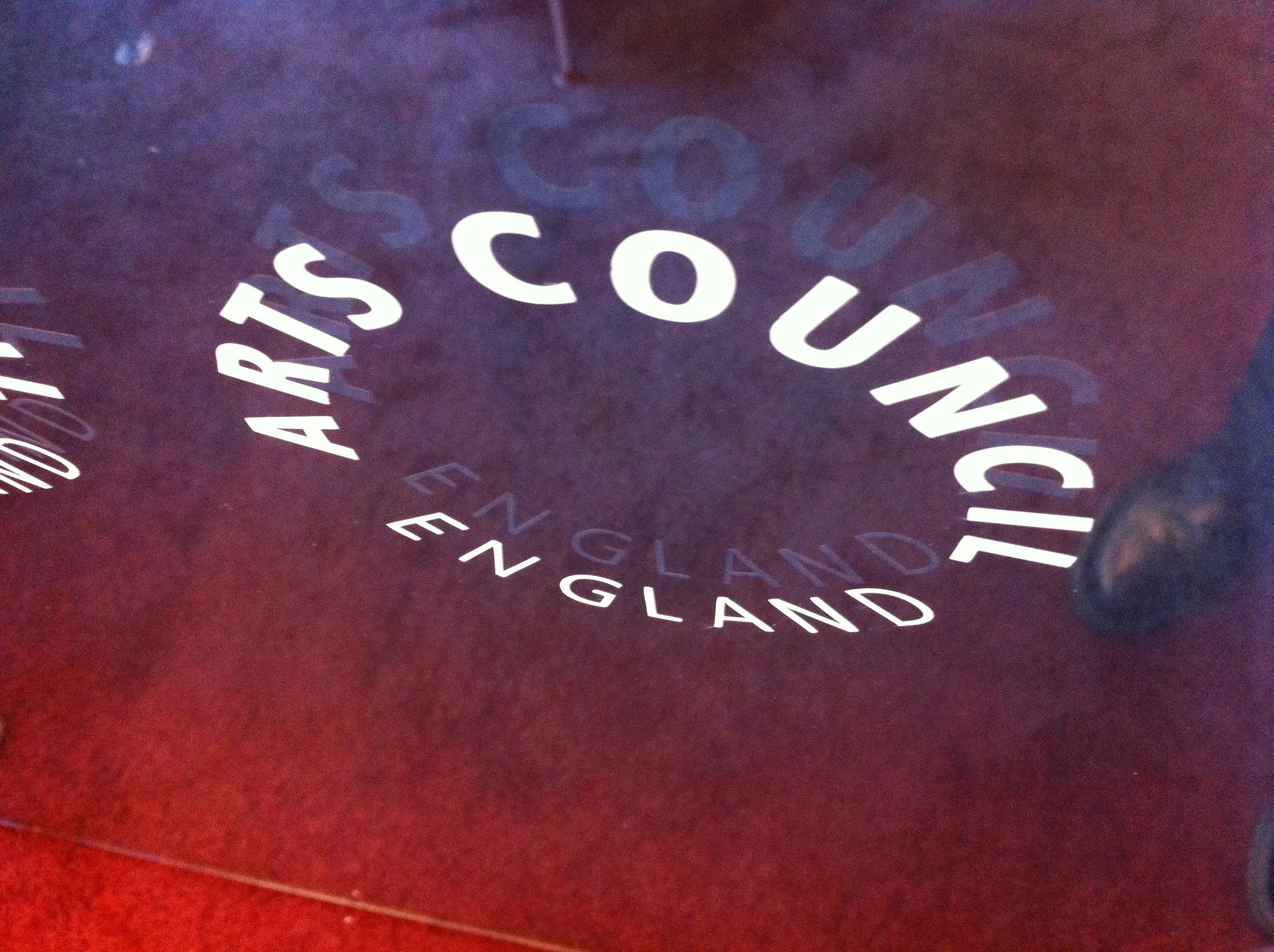In July 2024, Labour won the general election, inheriting a crisis in the UK’s culture sector and promising “arts for the people and by the people”.
One year on, Jack Gamble, Director of the Campaign for the Arts, asks: has the government delivered?
“Labour’s first year has been hit and miss for the arts, with rather more misses than might have been expected from their pre-election pledge to put the arts ‘at the centre of a new, hopeful, modern story of Britain’.
Let’s start with the positives. Labour’s 10-year industrial strategy, published last month, homes in on the creative industries as one of eight priority sectors for the UK government. It reaffirms a commitment to give every child in England a high-quality creative education. More strongly than was the case in the last government’s strategy, it explicitly acknowledges the importance of the interconnected ‘creative ecosystem’ and the public investment underpinning it.
But what of that public investment? There were some worrying signs at Labour’s first Budget last October, when the Chancellor said there would be real-terms cuts to the Department for Culture, Media and Sport, and that she was ‘minded to cancel’ £100m of cultural infrastructure investment (as it turned out, two-thirds of this is going ahead).
There was better news at the ‘Jennie Lee Lecture’ at the RSC in February, when the Culture Secretary Lisa Nandy announced a £270m Arts Everywhere Fund for 2025-26 (of which about £110m was brand new, mostly capital investment). ‘Everyone deserves the chance to be touched by art’, she said, quoting the Prime Minister Sir Keir Starmer. ‘Everyone deserves access to moments that light up their lives.’
But concerning numbers of artists and cultural organisations are struggling to keep the lights on. Employers’ National Insurance has gone up, while business rates relief has gone down. Some extra support for running costs has been earmarked for national and civic museums – but not for the nearly 1000 cultural organisations funded by Arts Council England, over half of which are now in a ‘precarious financial position’ according to a recent Artquest survey. Last month’s Spending Review signalled yet more real-terms cuts to the DCMS over the coming years, despite an increase in overall public spending.
Plenty of Labour’s ministers seem to genuinely love the arts and care about public access to them. But those same ministers are planning to spend well over a third less per citizen on Culture, Media and Sport by 2029 compared with 2010, and that will have consequences.
It’s not too late to turn this around, and the costs of doing so will be far smaller than the costs of inaction. Labour’s second year could be one of progress and improvement for the arts. We really need it to be.”




5 responses to “One year of Labour: “hit and miss for the arts””
The UK is famous for its theatre and music and culture is one of the businesses that draws tourists to the UK.
It is also one on the businesses that contributes hugely to the national wealth. It makes no sense not to invest in it. Even in financial terms we must keep investing in the arts but the culture industry, the great theatrical tradition we have going back to Shakespeare and beyond, that’s absolutely beyond price.
This is disappointing. The Arts enrich lives in so many ways, not just for those who are professionally engaged , and attend arts events, but also those who find them an enrichment of their lives on an amateur basis. They should be a core part of every school’s curriculum, and adequately funded. Many young people in the past discovered the joy of playing an instrument through peripatetic schools music service, or discovered their talent for drama through school productions. As a nation we are all impoverished if we let our great traditions in this sector decline.
There still seems to be an assumption that the arts are an add on in schools to be delivered as extended day activities or holiday programmes. Of course they have an important place here but until arts are embedded into the revised curriculum for every child to access we will not produce the artists of the future to keep our creative industries alive and thriving.
The uk is well known for its theatre and music industry, but unfortunately, due to lack of funding, these subjects are not being supported in our education system. Performing in school concerts has been known for years in schools, but unfortunately, this isn’t considered encouraging in senior schools, where children and teens are more influenced.tell a careers advisor you want to be a performer, wether that be a actor or dancer, and the career advisor will encourage you to look at other options incase it doesn’t work out, not exactly encouraging. We should be encouraging people to take subjects in the arts , not pushing them away from it.
Children must be encouraged to read and be taken on arts and nature outings.
One reset can’t be ignored. That is no barriers for British musicians and don’t forget performers to exchange visits with Continental equivalents.
Even before British membership of the E. U. we had for instance the classic D’Oyly Carte Opera Company going to Denmark & the Comédie Francaise coming to London.